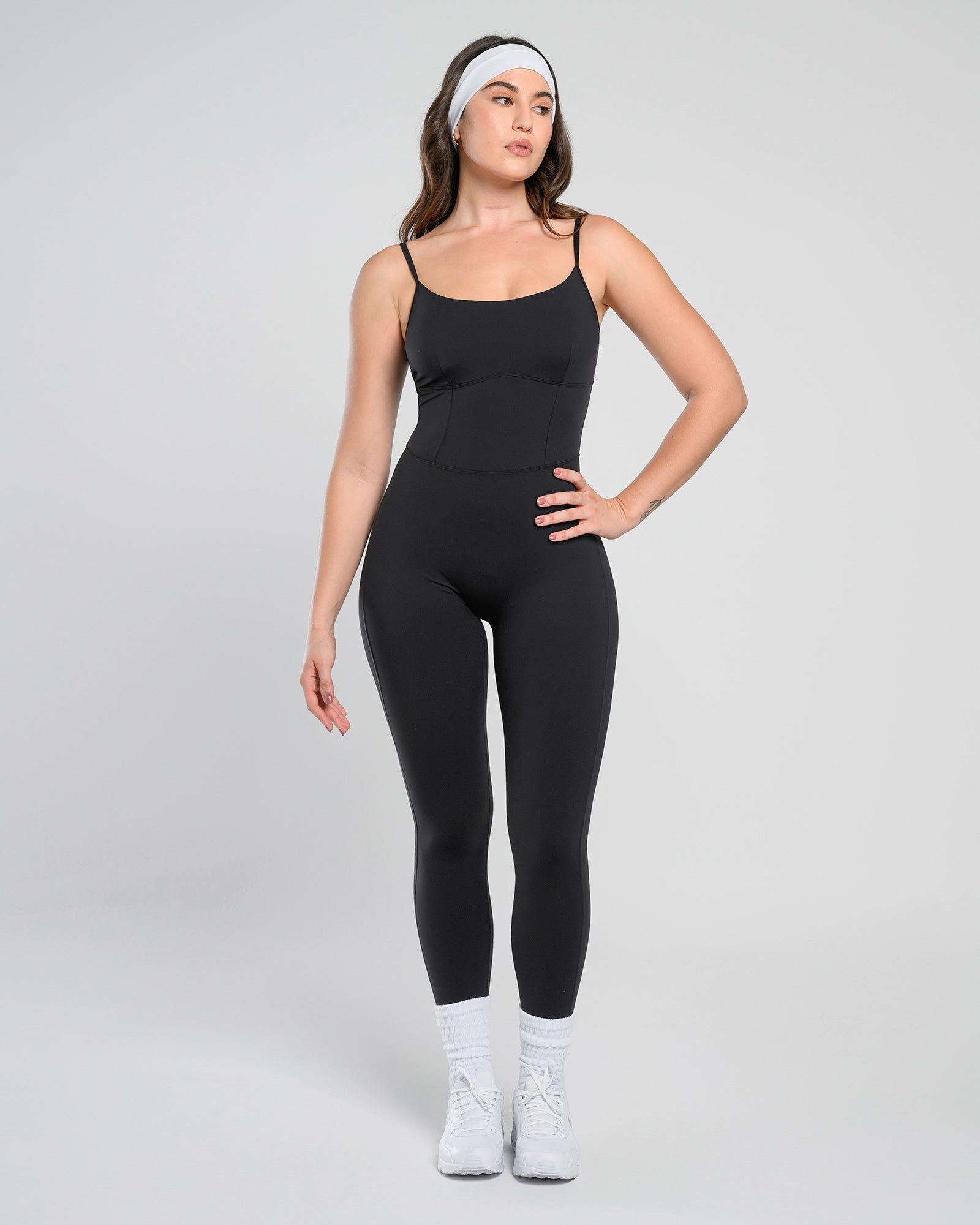Workout is important for a healthy lifestyle. You’d find many fitness freaks indulged in HIIT workouts which stands for Hight-intensity travel workout. It's a form of cardiovascular exercise that alternates between short, intense bursts of activity and periods of rest or lower-intensity exercise. HIIT ensures pushing your body to work at its maximum effort during high-intensity intervals followed by bride recovery periods.
No doubt fitness lovers, enjoy HIIT but does it have a downside to it? Readers, don’t forget that excess of everything is bad. Workouts are great but do they cause stress? We’ll find out in this blog!
Stay tuned.
How Does HIIT Workout Work- Brief Overview

A typical HIIT workout involves activities like:
- Sprinting
-Jumping jacks
- Burpees, or
- High-intensity exercises for 20-30 seconds
It’s followed by a rest or low-intensity period of 10-30 seconds. This cycle is repeated for the duration of the workout, which can vary in length but is often shorter than traditional steady-state cardio workouts.
Why HIIT is popular?
HIIT is popular for its efficiency, as it can provide similar or even greater benefits in terms of cardiovascular fitness and calorie burning compared to longer, moderate-intensity workouts in a shorter amount of time.
It can be adapted to various fitness levels and can be performed with bodyweight exercises or using equipment like weights or resistance bands.
HIIT as a Stress Reliever

There’s a common perception that HIIT works as a stress reliever because it releases endorphin that enhances mood and reduces stress.
Since focus is an integral part of the workout, it promotes mindfulness and diverts attention from stressors.
Moreover, regular HIIT is believed to be linked with better sleep and prevent boredom as well.
Does workout cause stress in general?
Regular and moderate workouts are highly likely to reduce stress. We can’t deny the fact that exercise and workouts have numerous physical and mental health benefits. As mentioned above, physical activity releases endorphins that cause stress busters, improve mood, and enhance sleep.
Can workout cause stress?Anything that goes beyond a certain limit will eventually cause you stress. Intense or improperly performed workouts can potentially contribute to stress particularly if they lead to physical strain or injury.
Signs of stress from HIIT

-
Persistent Fatigue:
Feeling excessively tired or fatigued beyond the usual post-workout exhaustion.
-
Insomnia or Disrupted Sleep:
Difficulty falling asleep or staying asleep after intense HIIT sessions.
-
Decreased Performance:
Noticing a consistent decline in your ability to complete workouts or perform at your usual level.
-
Increased Resting Heart Rate:
A sustained elevation in your resting heart rate could indicate excessive stress on the body.
-
Mood Changes:
Experiencing irritability, mood swings, or a decrease in overall mood and motivation.
-
Persistent Muscle Soreness or Joint Pain:
Unusual or prolonged soreness and pain in muscles or joints that may indicate overtraining.
-
Decreased Immunity:
A weakened immune system leads to more frequent illnesses or longer recovery periods.
-
Lack of Progress or Plateau:
Not seeing improvements in fitness levels or physique despite consistent effort.
-
Persistent Stress or Anxiety:
HIIT should generally reduce stress, but if it becomes a source of ongoing anxiety, it may be worth reassessing your approach.
-
Inability to Recover:
Noticing that your body is not recovering adequately between workouts, leads to a constant feeling of fatigue.
Importance of Recovery during HIIT

-
Muscle Repair and Growth:
Recovery allows muscles to repair and grow, enhancing strength and endurance.
-
Prevention of Overtraining:
Adequate recovery prevents overtraining, reducing fatigue and the risk of injury.
-
Reduction of Injury Risk:
Recovery minimizes the risk of overuse injuries associated with intense, repetitive movements.
-
Optimal Immune Function:
Proper recovery supports immune function, lowering the risk of illness.
-
Enhanced Mental Well-Being:
Including recovery time contributes to mental rejuvenation, preventing burnout and promoting a positive mindset.
How to deal with stress from HIIT?

-
Mindful Breathing:
Incorporate deep, mindful breaths during your workout. Focus on inhaling and exhaling slowly, which can help calm the nervous system and reduce stress.
-
Set Realistic Expectations:
Adjust your expectations based on your energy levels and mood. It's okay to modify your workout intensity or duration to align with how you're feeling on a particular day.
-
Choose Enjoyable Activities:
Engage in exercises you enjoy. Whether it's dancing, cycling, or weightlifting, doing activities you find enjoyable can shift your focus away from stress.
-
Listen to Your Body:
Pay attention to how your body feels during the workout. If you sense excessive fatigue or discomfort, be willing to modify or cut short your session. Pushing too hard can contribute to stress rather than alleviate it.
-
Incorporate Relaxation Techniques:
Integrate moments of relaxation into your routine. This can include short breaks for stretching, yoga poses, or even a brief meditation session to help alleviate stress.
-
Mix in Low-Intensity Exercises:
Combine high-intensity intervals with low-intensity exercises. This variation can provide relief during intense moments and help manage stress levels throughout the workout.
-
Focus on the Present Moment:
Practice mindfulness by concentrating on the current exercise rather than worrying about future tasks. This can enhance the mental benefits of the workout and reduce stress.
-
Choose the Right Environment:
Opt for a workout environment that minimizes stress. Whether it's selecting a less crowded gym time or finding a peaceful outdoor space, your surroundings can significantly impact your stress levels.
-
Prioritize Recovery:
Ensure that you have adequate rest days in your workout routine. Overtraining can contribute to stress, so giving your body time to recover is crucial.
-
Seek Support:
If you consistently find workouts stressful, consider seeking support from a fitness professional, therapist, or workout partner. They can provide guidance and motivation to make your exercise experience more enjoyable and less stressful.
Remember, the goal of exercise is not to add stress but to enhance your overall well-being!
Conclusion
Workouts are meant to improve mental well-being not cause you stress. People usually don’t realize when they start taking exercise as a chore that eventually causes stress and anxiety. Unrealistic expectations from workouts and extreme intensity that your body isn’t capable of taking would cause dire consequences. Therefore, it’s best to keep a balance. Instead of what everybody is doing make sure you have personalized workouts that suit your body and lifestyle.
Don’t stress, life’s too short for it.








